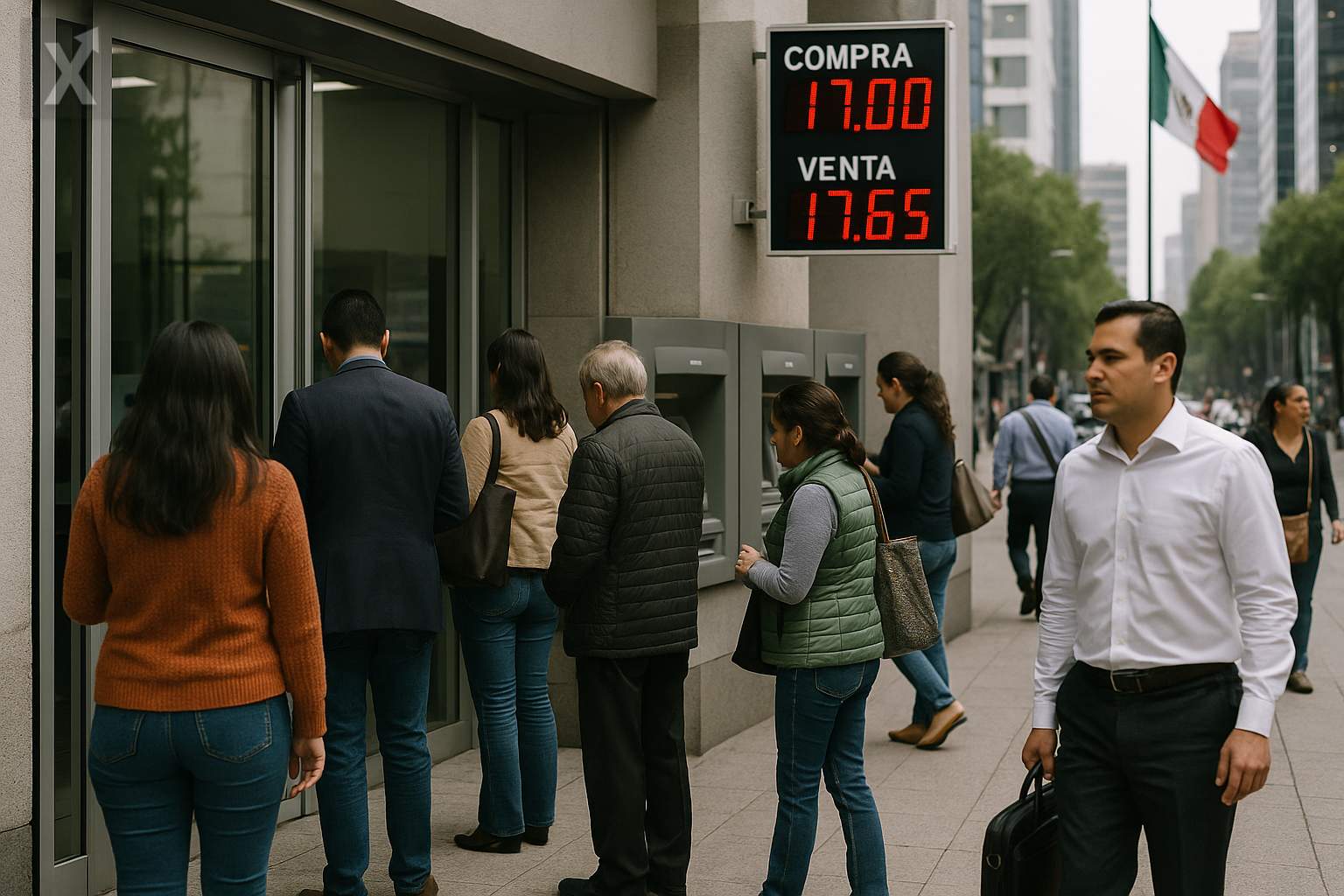Uncertainty in Foreign Investment Persists: Mexico Holds Steady Amid Unfavorable Global Outlook

Global foreign direct investment (FDI) has experienced a steady decline, according to the latest report from the United Nations Conference on Trade and Development (UNCTAD). The annual report shows that global FDI flows dropped by 11% in 2024, reaching $1.5 trillion, a trend driven mainly by rising international trade tensions and a pullback in globalization. UNCTAD officials warn that the outlook for 2025 remains negative, highlighting the unresolved tariff disputes and ongoing geopolitical challenges.
While advanced economies, especially Europe, recorded a significant decrease in FDI—with a 22% decline, and even a dramatic 58% drop in Europe—the investment trend in developing economies shows important contrasts. Latin America and the Caribbean reported a 12% drop in global investment flows, although countries like Mexico have succeeded in maintaining international capital interest. This has been reflected in an uptick in announcements of new industrial and technology projects, amid the global trend toward supply chain relocation, known as "nearshoring."
For Mexico, the international situation has presented both risks and opportunities. While the volatility of capital flows complicates planning and growth, the country's proximity to the U.S. market and the renewed USMCA (T-MEC) have encouraged investment, especially in sectors like manufacturing, automotive, logistics, and information technology. Nonetheless, there are still challenges related to the local political climate, regulatory uncertainty, infrastructure limitations, and issues such as energy security and the availability of skilled labor.
The UN and UNCTAD stress that reversing the negative trend in global capital flows requires not only increasing investment, but channeling it into long-term, sustainable projects that support inclusive development. In Mexico's case, experts agree that creating the right conditions for sustained growth—such as generating legal certainty, improving regulations, and strengthening trade agreements—will be key to capitalizing on the opportunities offered by a global economy in the process of reconfiguration.
In summary, Mexico faces a challenging international environment with mixed signals regarding foreign investment. While the country remains attractive to some investors, the global atmosphere of uncertainty demands national strategies that promote competitiveness and sustainable development. How trade tensions play out and domestic actions will be crucial in shaping investment prospects in the coming years.
In conclusion, the Mexican economy shows resilience amid adverse global headwinds, maintaining the potential to attract greater foreign investment if it manages to consolidate a favorable environment and leverage its geographic position and international agreements. The evolution of trade conflicts and Mexico’s ability to address domestic challenges will shape its standing on the global investment map.





